In an era dominated by big-name platforms and consumer-facing apps, vertical market software (VMS) often flies under the radar. But beneath the surface of the tech world lies a powerful, resilient, and quietly transformative sector: software built specifically for mission-critical operations in specialized industries. At Tag Software Group, we believe VMS companies are not only undervalued but represent some of the most enduring opportunities in tech today.
What Is Vertical Market Software?
Vertical market software is purpose-built for the unique needs of a specific industry or niche. Whether it’s software managing patient records in veterinary clinics, tracking compliance in government agencies, or optimizing logistics for automotive suppliers, VMS is designed to solve problems generalist software can’t.
Unlike horizontal software, which aims to serve a broad audience with general functionality (think CRM, email, or accounting tools), vertical solutions go deep, offering tailored workflows, regulatory compliance support, and industry-specific features that are mission-critical to users.
The Case for Resilience
One of the defining characteristics of VMS is its resilience. These products are often deeply embedded in customers’ day-to-day operations. Replacing them would mean re-training staff, migrating data, and risking compliance or operational disruptions. That kind of “stickiness” leads to long customer lifespans, high retention rates, and predictable revenue.
Moreover, many verticals served by VMS are recession-resistant. Public sector organizations, utilities, healthcare, transportation, and manufacturing all continue to operate—and depend on their software—regardless of macroeconomic shifts. This stability makes VMS companies well-positioned to weather economic uncertainty.
Niche, But Not Small
A common misconception is that vertical markets are too narrow to be meaningful. But many niches are surprisingly large and global. For example:
The global automotive supply chain relies on industry-specific ERP and EDI systems.
Local governments need correspondence and records management tools to meet transparency and compliance requirements.
Educational institutions require tailored attendance and behavior management platforms.
These sectors may not make daily headlines in Silicon Valley, but they represent massive, underserved markets with complex needs that VMS companies are uniquely positioned to meet.
A Long-Term Opportunity
At Tag Software Group, we’ve spent the last decade acquiring and growing vertical market software companies. What we’ve learned is that success in VMS isn’t driven by hype or speed, but by deep industry knowledge, long-term relationships, and consistent product excellence.
Founders in this space have often spent years building trust and refining their software based on customer feedback. That kind of domain expertise is hard to replicate and incredibly valuable. It also means that VMS companies tend to grow steadily over time, benefiting from organic expansion, word-of-mouth referrals, and strong customer loyalty.
The Future of VMS
As industries continue to digitize, the demand for specialized, reliable, and compliant software is only growing. Emerging technologies like AI, machine learning, and advanced analytics are opening new doors for VMS companies to add value through automation, predictive insights, and enhanced user experiences—all tailored to the specific needs of their users.
Yet despite this potential, VMS remains largely under the radar of mainstream tech coverage. That presents a compelling opportunity for investors, operators, and founders who understand that in software, depth often beats breadth.
Conclusion
Vertical market software may not always be flashy, but it is foundational. It powers the systems that keep industries running and communities functioning. At Tag Software Group, we see VMS as the hidden giant of tech—resilient, essential, and full of potential.
As we continue to acquire and support companies in this space, our focus remains on honoring the legacy of the founders, empowering teams to maintain their entrepreneurial drive, and investing for the long term. Because when it comes to mission-critical software, the real giants aren’t the loudest—they’re the ones that never stop delivering value.

